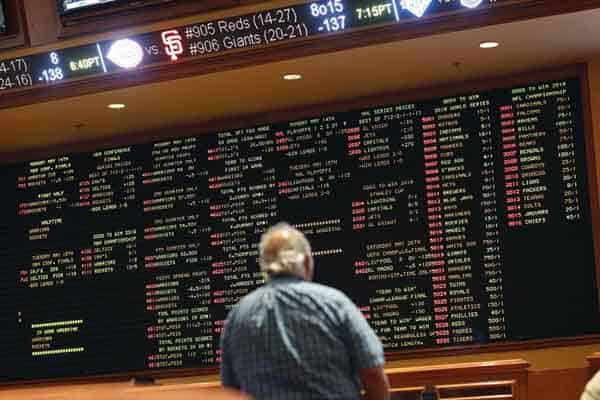Which bill will the state choose to implement, both are sound but depending on your values you may prefer one over the other…
Indiana’s 2019 legislative session is faced with a difficult decision, choose Rep. Alan Morrison’s House Bill 1363 or Sen. Jon Ford’s Senate Bill 439. Both share the same principles – a 6% tax rate on revenue and allocating tax revenue to state programs, trusts, and funds. However, HB 1363 allows for mobile wagering, collegiate wagering, and wagering on in-state events, as well as, no in-person registration requirement.
Many states have a concern over the allowance of collegiate wagering options. They believe student-athletes will be more susceptible to throwing games, cheating, or wagering themselves.
While Morrison’s bill works for Indiana sports fans by allowing them to wager on local sports, it does leave room for illegal activity due to the nonrequirement to validate your identity in person. However, many states are using age and identity validation features integrated into their mobile US sportsbooks thereby making the point a non-issue.
Ford’s bill does not allow wagering on events in state or Indiana college sports, nor does his bill offer mobile capabilities. Nonetheless, SB 439 does require Indiana residents and out of state visitors to physically register and verify who they are before they can gamble through Indiana-licensed and based sportsbooks. This adds more red tape but keeps the money and activities clean while negating fraudulent activity like money laundering and terrorism financing.
Both bills introduced this year refuse to provide either of the sports leagues with their strongly lobbied for integrity fees, better known or revealed as royalty fees. This is an improvement from the bill introduced in 2018 which included such fee. Under either bill, the Indiana Gaming Commission is stated to be the regulator over IN sports gambling.
In Morrison’s bill, there is no tax rate given for mobile or online wagers. Licensing fees are $75,000 initially per facility with a $10,000 annual renewal fee and application filed with the Gaming Commission. If passed, Indiana operators could begin offering sports gambling on January 1st, 2020.
In 2018, Indiana hired Eilers & Krejcik gaming to launch a report into Indiana’s potential sports betting industry, where reports were given for the progressive revenue made from legalized sports gambling over the next five years. The numbers reported have most certainly shifted Indiana into high gear as it considers two legislative pieces concerning the new industry.
Hopefully, no third sports gambling bill gets thrown into the mix. Unless it can appeal to mobile bettors, safety concerns, and local sports event integrity then it will be overshadowed by the two bills currently on the table.

